Claremont artist celebrates, treasures deep roots
Like most kids, Jeff Faust started kindergarten at five, at Claremont’s Oakmont Elementary School. Unlike most kids, by the time he was ready to move on to El Roble Intermediate School his life was pretty much settled: he would be an artist.
“My art memories start in the fifth or sixth grade at Oakmont,” Mr. Faust said. “It came on fairly strong and didn’t waver.”
Mr. Faust is a painter of “subtle surrealism.” His work routinely sells in the five-figure range, and he’s been working non-stop since graduating from Claremont High in 1970. Success, however, didn’t come overnight.
“It will always, for me, be a roller coaster ride,” Mr. Faust said. “And I’m quite proud of that. Since I knew it was going to be my pursuit, I wanted it to be my own come hell or high water. And as I look back now, I realize that I do have that. I have my own voice, and I’ve contributed in my own way.”
Indeed. Mr. Faust—who is part of the group show “Tree Speak: Interpretation of the Rustlings,” on view through July 23 at the Claremont Museum of Art—has always gone his own way. While an artist’s sensibility can sometimes take decades to coalesce, Mr. Faust’s developed early. He recalled just knowing he was on the right path when he was a youngster, growing up in the City of Trees in the 1960s.
Art is certainly something one can study, Mr. Faust explained, but going off to be an apprentice or study technique at a prestigious art school isn’t necessarily for everyone.
“It goes back to an early age,” he said. “There was something that kept washing over me saying, ‘I like doing this. I don’t want someone else telling me how to do this or how to use my eyes to see things, or my brain, or my hands.’ It stuck with me all my life, and I have never regretted it.”
As much of a rarity as it is for an elementary schooler to pick a job, stick with it and thrive, it’s perhaps not that surprising when one considers Mr. Faust’s roots.
His father, Zaner Faust, who had been a journalist in Connecticut, was hired in 1958 to run the public relations department for the Claremont Colleges. The elder Mr. Faust’s family included his wife, Bea, his young son and three daughters.
“I think a lot of it is the environment,” Mr. Faust said. “Growing up, because of the college influence on my family, we were always aware of the artistic pursuits at the Colleges. We were taken to concerts and dragged along to a lot of these things. And my folks knew a lot of the big-name artists around Claremont at the time.”
His parents were enthusiastic supporters of the arts, both in public and at home. Mr. Faust said their “gentle encouragement” was elemental in his development.
“They didn’t make a big deal out of it, but they would make sure there was stuff around,” he said. “I had that. And I know I was fortunate to have it, because I know a lot of kids don’t have that in their lives.”
After graduating CHS, he wandered a bit, traveling with a carnival, hitchhiking around the country and spending time in Mexico. In 1981 he married Janice Ryan, CHS ’68. She brought two young children to the marriage: a son, Tom, who is now 46, and a daughter Kari, now 43. His early married years were spent doing odd jobs to pay the bills: trimming trees, painting houses and undertaking the occasional mural commission.
A rare self-taught artist, he never lacked for talent or desire, but it did take some time to learn to navigate the business side of things. Like many creative types with family considerations, Mr. Faust made his money when the sun was up, and pursued his passion when time permitted.
Life went on like this until the mid-1990s, when, after their kids left Claremont for college, the empty-nesters moved to Sonoma, California. It was there Mr. Faust finally gathered the nerve to approach a local gallery, which then began representing him.
Soon his paintings were selling. Word spread, and other galleries followed suit. His work was advertised in national magazines. He had solo shows. His profile—and prices—rising, Mr. Faust had at last arrived: he’d become a full-time artist.
With the newfound wherewithal, both in profile and financial, came a sense of peace.
“You don’t feel as alone,” he said. “For many years I was just wondering what the hell I was doing. But with good representation it really changed things for me.”
Today, he is busy as ever. A peek at his website, jefffaust.com, reveals pages and pages of paintings, new and old. His subjects are predominantly the simple images that have fascinated him throughout his life; bowls, clouds, leaves and rope are recurring themes.
“To be honest, watching a leaf blowing in the wind is really important to me,” he said. “It means a lot.”
Another repeating theme in Mr. Faust’s work is fragility. The concept came into stark focus about 30 years ago when a close friend, his children and his mother were killed in an auto accident in Italy. The event had a powerful impact on his work.
“I realized that in the blink of an eye, all that was gone,” Mr. Faust recalled. “It really hit me hard. It can crash in a second or it can last forever. It started this thought process that has never gone away. It’s just this big balance of life that has been at the core of my work.”
Mr. Faust admits he is not overtly political. He is, like many of us, preoccupied primarily with family and work. His art is imbued with that “subtle surrealism” and, if a painting can be quiet, his most certainly are. Even so, he can’t help but weigh in on the rapidly changing landscape for artists in the US.
“It’s shock time,” Mr. Faust said. “It’s a catastrophic event for Americans, and I think it’s a catastrophic event for humanity, the direction that we have taken. There are these retched waves of crap coming at us all, and the arts are right in there.”
But, still, Mr. Faust remains hopeful.
“From the bottom of my heart, I don’t think it’s going to sustain. I think there are going to be some dramatic changes back to what many of us hope it will be. And that could be overly-optimistic. As an artist, I think I am really optimistic about just day-to-day life, and I’m always hoping for the best.”
The political climate may not be directly reflected in Mr. Faust’s work, but the influence is there.
“If a painting of mine is visually out of balance, I can’t sleep at night,” he said. “I think I work harder now to attain a sense of balance in the work. What we’re going through as a country now, it just reaffirms to me what I’ve been doing all along. It’s almost like it’s re-strengthened me.
“I love the term ‘resistance,’ because I really feel deeply about that word now,”?he continued. “We don’t know day-to-day what’s going to happen, and that’s a major problem with the current powers-that-be. I think there’s a tsunami of resistance coming. I think it’s just basically starting.”
—Mick Rhodes
mickrhodes@claremont-courier.com


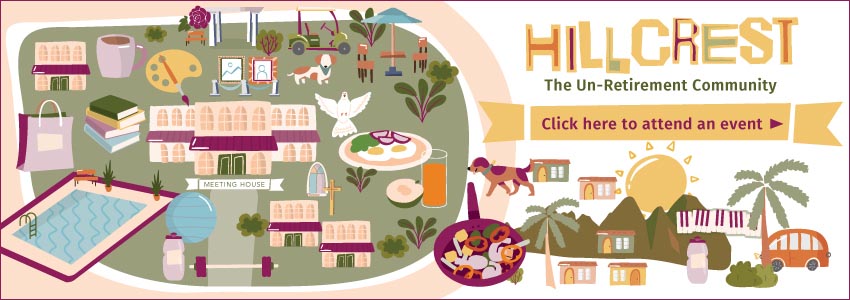


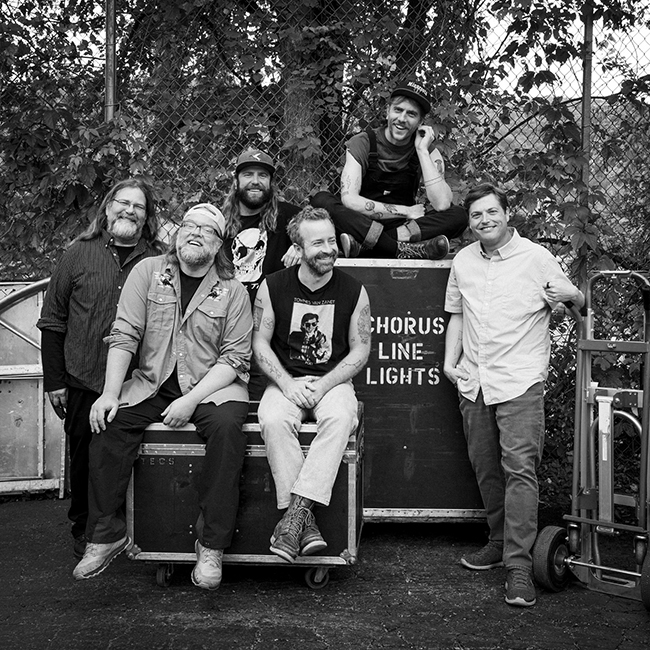
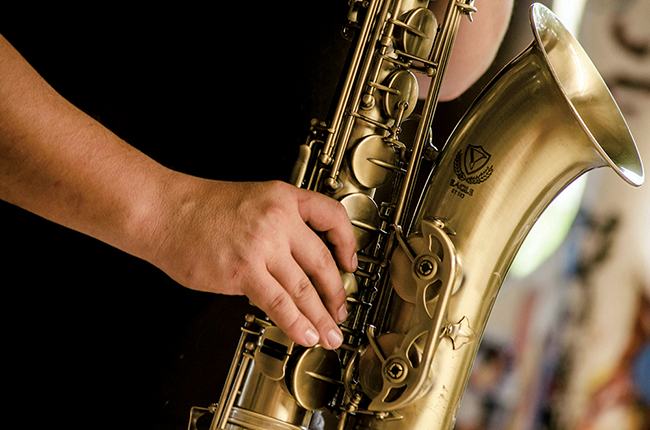
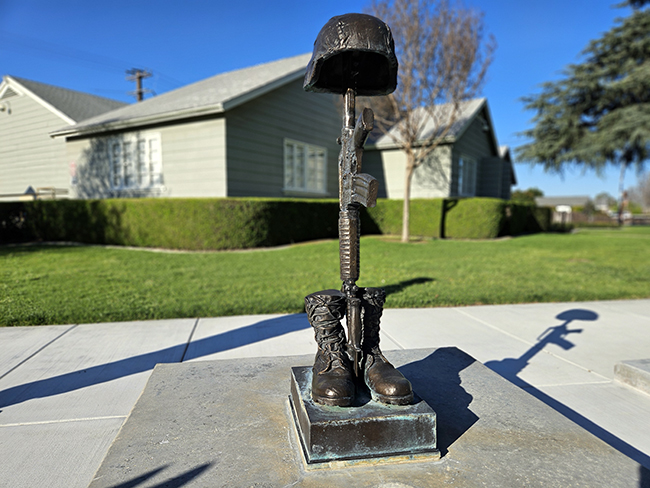
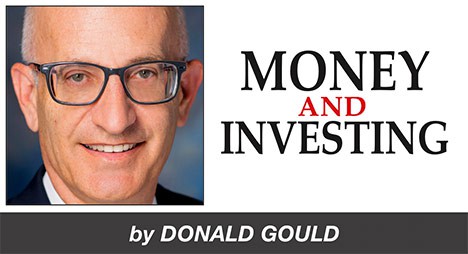


0 Comments